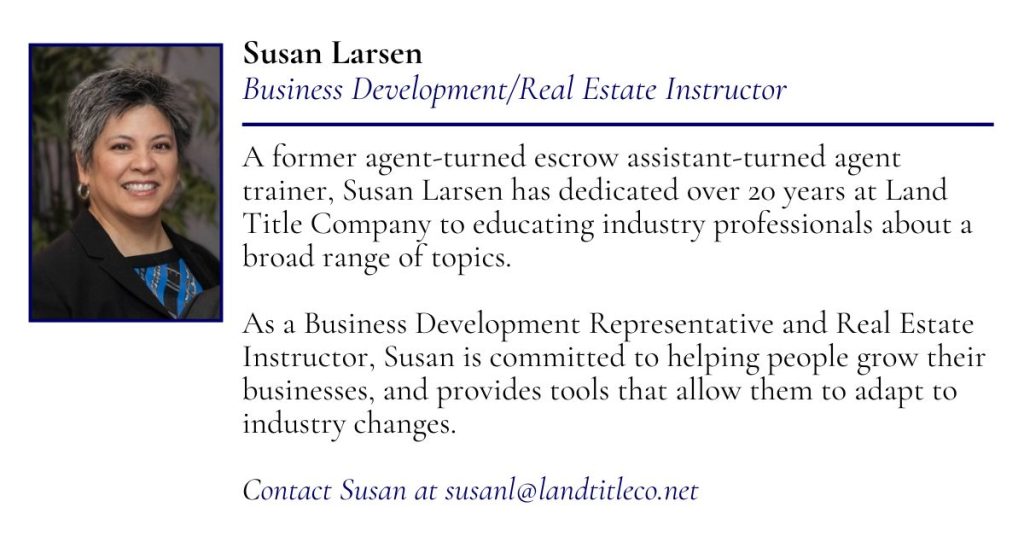Certain administrative tasks may seem like small details, but they can have significant ramifications if left unattended. One such detail, the reconveyance, plays an essential role in ensuring clear title and avoiding potential headaches down the line. Why do they matter, and what can happen if they’re not properly recorded?
What is a Reconveyance?
A reconveyance is a document that transfers the title of a property back to the borrower once a loan secured by a deed of trust has been paid in full. In simpler terms, when a homeowner fully repays their mortgage, the lender issues a reconveyance to release their interest in the property. The reconveyance effectively clears the lien from the title, signifying that the borrower is now the sole owner without the lender’s interest attached.
The Role of a Reconveyance
Reconveyances confirm to future buyers, title companies, and lenders that any prior mortgage on the property has been satisfied, ensuring a clear and marketable title. Real estate brokers understand the importance of clear title – it’s what allows a smooth closing without surprises that might jeopardize the deal.
A title company typically oversees the reconveyance process as part of its services in clearing title for transactions. The company ensures that when a mortgage is paid off, the lien is formally removed, leaving the title free of encumbrances. Reconveyances are important to the title clearing process.
What Happens if a Reconveyance Isn’t Recorded?
Failure to record a reconveyance can lead to complications, especially when the homeowner decides to sell or refinance the property. Without a recorded reconveyance, the prior mortgage lien remains visible in public records, even if it has been satisfied. This lingering lien can create several issues:
- Title Clouding – The title appears encumbered, causing issues for the new buyer or lender in determining rightful ownership.
- Delayed Closings – If a reconveyance isn’t recorded, the title company must track down the lender to confirm that the mortgage was paid and should be released. This additional step can lead to closing delays, causing frustration for all parties.
- Potential Legal Complications – In some cases, if the lender has gone out of business or records are difficult to obtain, the title company may need to file a legal action to quiet the title, adding expenses and time to the transaction.
Ensuring Reconveyance Completion
Experienced real estate brokers can proactively help prevent reconveyance issues by reminding clients to verify that their mortgage has been properly reconveyed after payoff. Brokers might also encourage clients to reach out to the lender to confirm that the reconveyance document is recorded. Additionally, if the lender doesn’t provide a formal reconveyance, some states allow the borrower or their title company to request it after a certain period, ensuring it is properly documented.
Reconveyances are fundamental to maintaining a clean, marketable title and facilitating seamless transactions. For seasoned brokers, understanding the reconveyance process, the risks of not recording, and how to assist clients in ensuring it’s complete can be a valuable part of your service. It’s all about anticipating and preventing issues before they disrupt a deal. If you have additional questions, give us a call!



